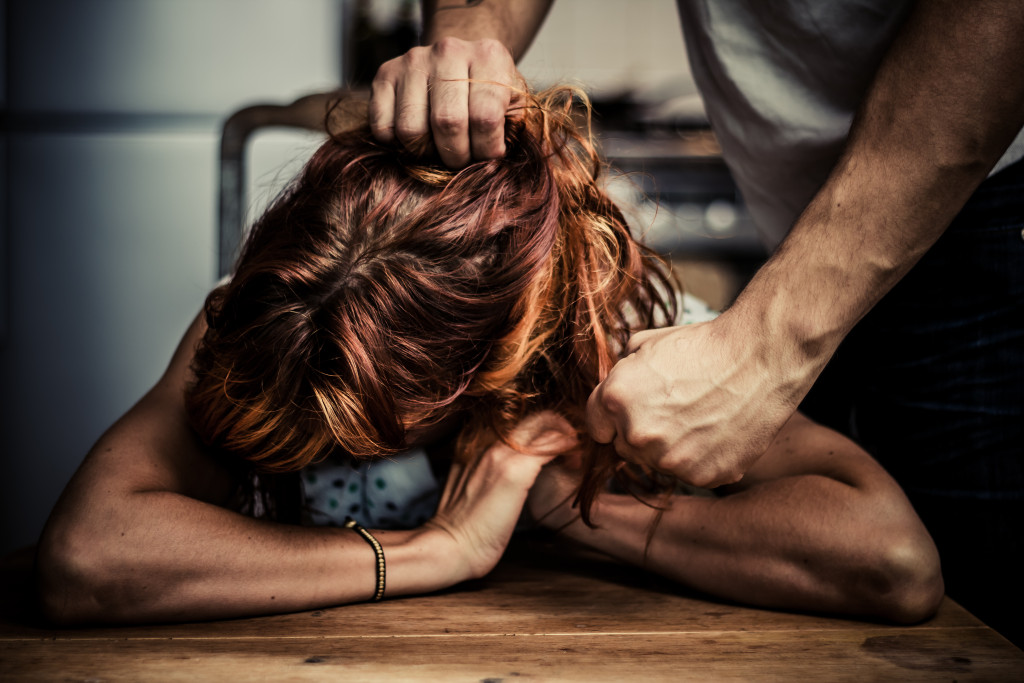The cases of physical assault in the United States have been increasing alarmingly in the past few years. If you or someone you know has been a victim of this crime, know what to do afterward.
A physical assault can lead to severe injuries, both physical and psychological. In most cases, the effects are too harsh that it affects the victim’s quality of life. Overcoming the experience will take time, but it is possible with the proper support.
Seek medical attention
After an assault, you must seek medical attention as soon as possible. This will help ensure that any injuries are treated and that you can receive the proper care and support. Medical professionals can also provide information about dealing with the aftermath of an assault, including how to cope with anxiety and trauma.
In addition, seeking medical attention after an assault can help preserve any evidence that may be used in a criminal investigation. If you have been the victim of an assault, do not hesitate to seek the help you need. It is important to remember that you are not alone and that there are people who can support you through this difficult time.
Get support from loved ones.
Assault is a frightening and traumatic experience. It can leave you feeling confused, alone, and afraid. But remember that you are not alone. Many people care about you and want to help. The first step is to reach out to a loved one for support. Talk about what happened, how you feel, and what you need from them. It is also essential to get professional help. A counselor or therapist can provide the tools you need to heal and move on from the traumatic experience. With the support of loved ones and professionals, you can begin to heal the wounds of assault and move forward with your life.
Report the incident to the authorities
Assault is a serious crime, so report any incidents to the authorities. By doing so, you can help to ensure that the assailant is brought to justice and prevent future attacks. In addition, reporting an assault can help support any victim compensation claims that may be filed. If you have been the victim of an assault or witnessed an assault, contact the police as soon as possible. Be sure to provide them with as much information as possible, including identifying details about the attacker. With your help, the authorities can investigate the incident and bring the perpetrator to justice.
Talk to a lawyer
After an assault, you may feel scared, alone, and confused. You may wonder about your legal options and whether you should speak to a lawyer. The decision of whether to talk to a lawyer is a personal one, and there is no right or wrong answer. However, if you have sustained a brain injury due to the assault, it is in your best interests to speak to a lawyer who specializes in this area of law. A lawyer for brain injury will be able to advise you on your legal rights and options and help you to get the compensation and support you deserve. If you decide to speak to a lawyer, it is crucial to do so immediately after the assault. This will ensure that your lawyer has adequate time to gather evidence and prepare your case.
Get help from a therapist or counselor.

Assault is a serious crime that can have lasting effects on the victim. If you have been assaulted, getting help from a therapist or counselor who can help you deal with the physical and emotional aftermath of the attack is essential. Counseling can help you overcome your fears and cope with post-traumatic stress disorder. In addition, therapy can help you develop healthy coping mechanisms and prevent future victimization. If you have been assaulted, seek professional help as soon as possible. With the proper support, you can heal the wounds of assault and move on with your life.
Join a support group for assault survivors.
If you are a survivor of sexual assault, you may be feeling a range of intense emotions, including shame, guilt, anger, and fear. You may feel alone in your experience; know that you are not. Many survivors find it helpful to join a support group for assault survivors.
In a support group, you will have the opportunity to share your story with others who have been through a similar experience. This can be a compelling way to heal from your trauma. In addition, you will be able to gain practical advice from other members on coping with the aftermath of an assault, such as dealing with flashbacks and triggers. If you are interested in joining a support group, many resources are available online and in local communities.
The bottom line
Overcoming physical assault is only possible if you get the right help. If you or someone you know has been the victim of assault, seek professional help as soon as possible. With the proper support, you can begin to heal the wounds of assault and move on with your life.






